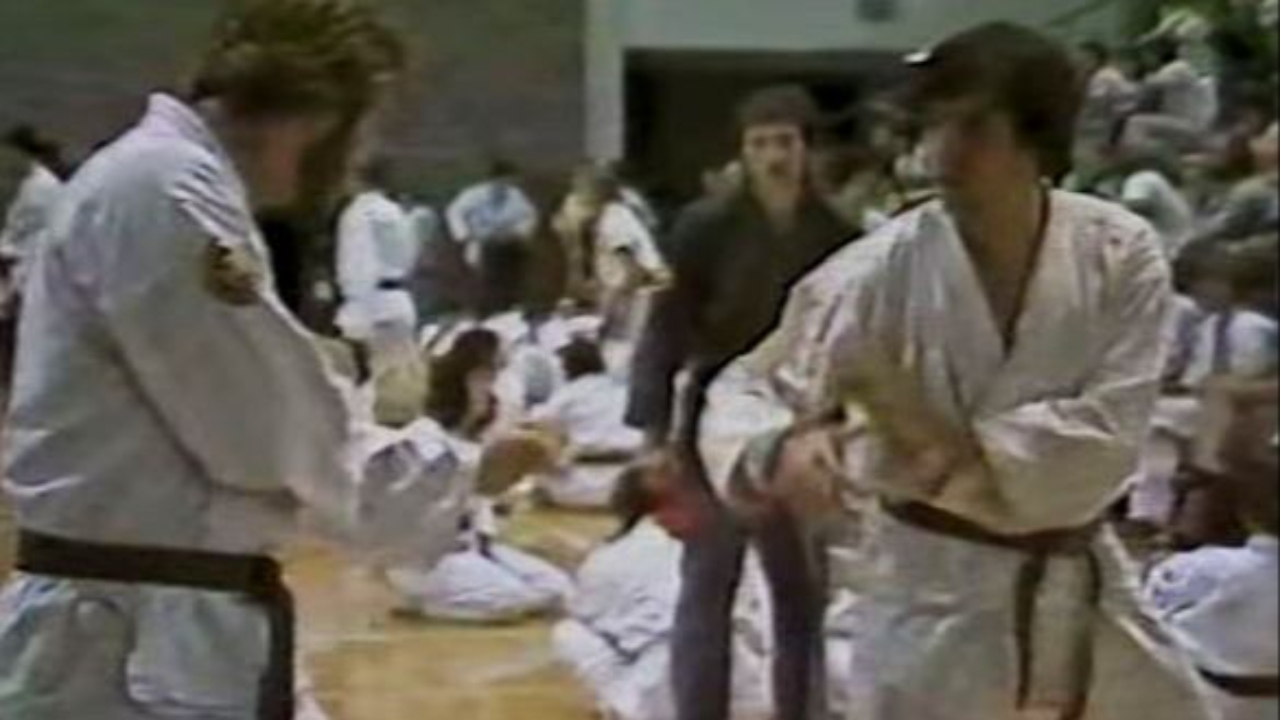Investing in Loss - How Losing Your Ego in Practice Allows You to Win

One of the more interesting concepts I learned when I started in Chen Taiji is the concept of "investing in loss." It was a foreign concept, but over time, I embraced it.
When you invest in loss, you check your ego at the door. This can apply to any learning situation, but it is mostly applied in push hands. You experiment against your opponent and learn what works and what doesn't. You learn what's effective and what isn't.
Your goal in practice is not to win. Your goal is to prepare yourself to win when your life depends on it. So your opponent may get the advantage of you. So what? The question you should focus on is not, "Did I win?"
The proper question is, "What did I learn?"
After you try it again and again, the logical next question is, "Have I improved?"
Some people describe "investing in loss" as allowing an opponent to attack while you appear defenseless. For me, that description doesn't work. Pretending to be weak and luring in an opponent so you can lower the boom is as old as the Art of War.
In Tai Chi, investing in loss means giving up the thought of winning during practice in exchange for the improvement you see in your skills. It's a creative process of allowing your partner to "score" while you slowly realize why he was able to do so.
We've all known the guys who absolutely don't want to be seen as weak. They're the same guys who, when you are practicing with them even as fellow students, try to fake you out and get the upper hand even when you're both at a basic learning level.
In my history as a teacher, I sometimes have seen two students working together on a particular skill. One is earnestly trying to learn the skill while the other is trying to do something to "win." If a more advanced student is taking advantage of a lower ranking student, I patiently explain to the advanced student that he or she should let the newer student learn.
To invest in loss, you must also be centered enough to take the hidden "criticism" inside your partner's ability to get through your defenses. As a manager, especially in news, I hired several young reporters over the years who hated to be told that their writing or their vocal delivery could improve. Their egos could not handle it. They perceived coaching as criticism. The people who accepted the coaching and worked on their skills went much farther in their careers than the others.
When I was a young reporter and the more experienced news directors or assignment editors would shoot down one of my ideas, I didn't get angry. Their "criticism" was a learning device that helped me refine my journalistic skills. When they revised my writing, I paid attention.
When I began studying taiji, I had been in martial arts for 25 years. I set that experience on the shelf to learn something new -- something better.
In forms competition in tournaments, I didn't always win, but I wanted to know where I fell short -- what did the judges see that I didn't -- because it isn't always about winning. Can you walk away with information that will help you build skill?
I stopped sparring when I lost my left lung in 2009. Looking back, I remember that when I was a young man, I wanted to win even in practice. As I got older, I wanted to experiment and improve. In practice, punches and kicks would get through, even from my students. However, when the competition began in a tournament and the rubber hit the road, I usually found a way to win. Ironically, the better I got, the less I even kept score during the match. I was simply having fun and being the best I could be at the moment against that particular opponent.
Even now, in our push hands practice, my opponent gets the better of me quite often. It happens because in practice, I learned over time to put my ego on the shelf and focus on experimenting and learning. If my opponent moves this way, what happens if I move that way? Oops, he got me. Okay, if he does it again, what if I neutralize this way? What happens when I change my posture or my position? Can I relax and feel his energy, then remain relaxed, neutralize, and counter?
I learned a great lesson doing push hands in my basement with Chen Xiaoxing. In one of the push hands patterns you take turns stepping toward your partner. Regardless of who stepped forward, I would end up on my back on the floor. It kept happening over and over and over. Rather than get discouraged, I started laughing and so did he. After a few more times, and paying close attention, I finally saw the way he was controlling my center just enough to take advantage of my movement and put me down on the floor. It was illuminating, but it would not have happened if I had not been willing to let him humiliate me over and over again.
Keep trying. Keep investing. In practice, don't worry how it appears when you don't get the upper hand. The questions you must continue to ask as you try it over and over again are, "Can I do that better?" and "Did I improve my skill?"
Eventually, you will improve.
--by Ken Gullette
Try Two Weeks Free and Get Step-by-Step Training in Taiji, Xingyi and Bagua from Basic to Advanced Skills with No Mystical Mumbo-Jumbo
More than 850 Video Lessons and Downloadable pdf documents -- and You Get It All During Your Free Trial!
Click this Button to Learn More and Watch a Video!
